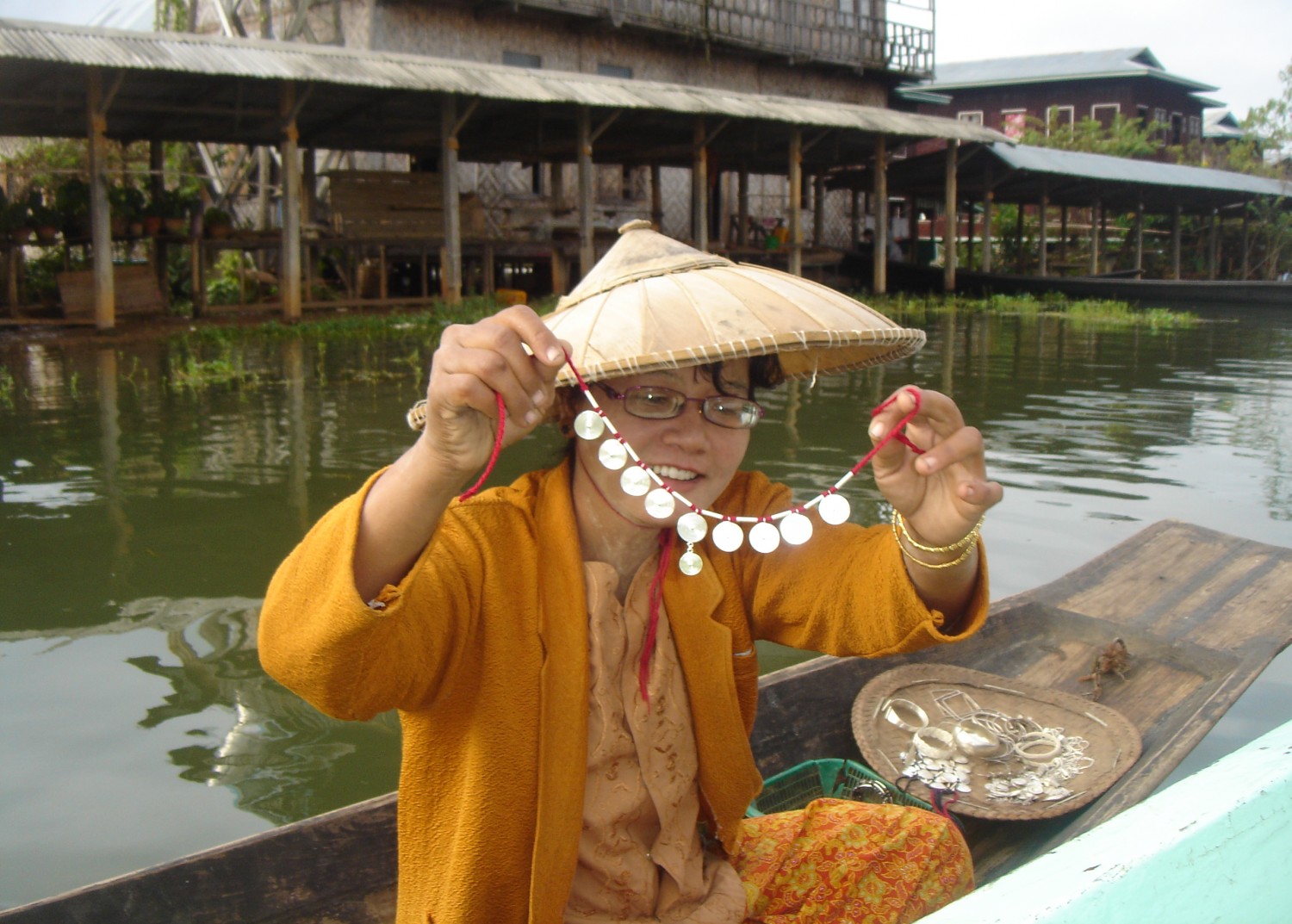

As the woman bent her head low over her vegetables to be blessed by the man in a fedora hat, the irony of it was not lost on me. This was after all Ima Keithel, believed to be the largest market in the world to be run and managed entirely by women. Men have no place in this market except as customers and to assist the women in carrying heavy or bulky goods in and out of the market. They aren’t even allowed to sell their wares in the vicinity of the market. Yet, to me this one act established an underlying patriarchy.



Ima Keithel owes its origins to a system of forced labour or Lallup-Kaba which was imposed in Manipur in 1533 AD, forcing the Meitei community men to work in fields in far off lands or fight wars. Left to their own, the women took on the responsibility of tending to their fields, weaving textiles and selling their produce in makeshift markets. Thus Ima Keithel or Mother’s Market, where only married women are allowed to trade, was born. Today, the 500-year old market is spread across three buildings of 3.5 acres and houses around 5000 women vendors selling from fabric to foods and everything in-between. The market is managed by a union of women who run their own credit system and lend money to women traders to buy goods.



For the women who arrive here early every morning, Ima Keithel has a wonderful safe haven aura about it. One where the ‘Imas’ can be who they want to be, do what they want to do, talk about what they want to talk, and most importantly, earn an income. As a woman I met told me, she decided to set up shop in Ima Keithel about a year ago, her four children having grown up, leaving her with a lot of free time on her hands. She said she loved the aura and ambience of the place where she could enjoy the company of other women even as she earned a living.



It mattered little that there were few customers the day I visited. The Imas had enough and more to keep themselves busy – watching a movie on their mobile phones, listening to music on little transistors, sewing odd bits and pieces, cleaning greens, playing games, having a smoke, and enjoying the banter of each other’s company. Their bustling lives at Ima Keithel were matched only by the colours of the produce they sold from the reds, oranges, blues, purples and more hues of Manipur’s textiles to the greens, reds and yellows of vegetables and fruits, garlands and beaded strands of jewellery. So much in contrast to the day before, where at a polo match, the colours that dominated were monochromatic tones of brown and white horses, and of players outfitted in reds and blues.


The lanes adjoining the market are as vibrant and lined with sewing machines, smoked fish and all that does not fit under the covered roofs or perhaps of those who cannot afford the inside rentals.



As traffic noises buzz around the covered markets, the women inside are contained. You hear little from them except for the occasional ‘sundari’ or beautiful that they label you as you pass by (which I later learnt that other women customers are also the beneficiaries of) – there are no belligerent sellers, no hollering, no yelling out to you to buy their wares. But whip out a camera, ask the women if you can take their pictures and not only do they consent but they come into their own, preening for the camera in their traditional phanek and innaphi attire, dancing for you even as they adjust their wares, the flowers in their hair, the angle of the embroidered patch they are working on or their knitting. And when you are done, they will ask to see the finished ‘photo shoot’ as if to sign off on it. Because, after all, they are the stars of this big theatre-like production set, Ima Keithel.


